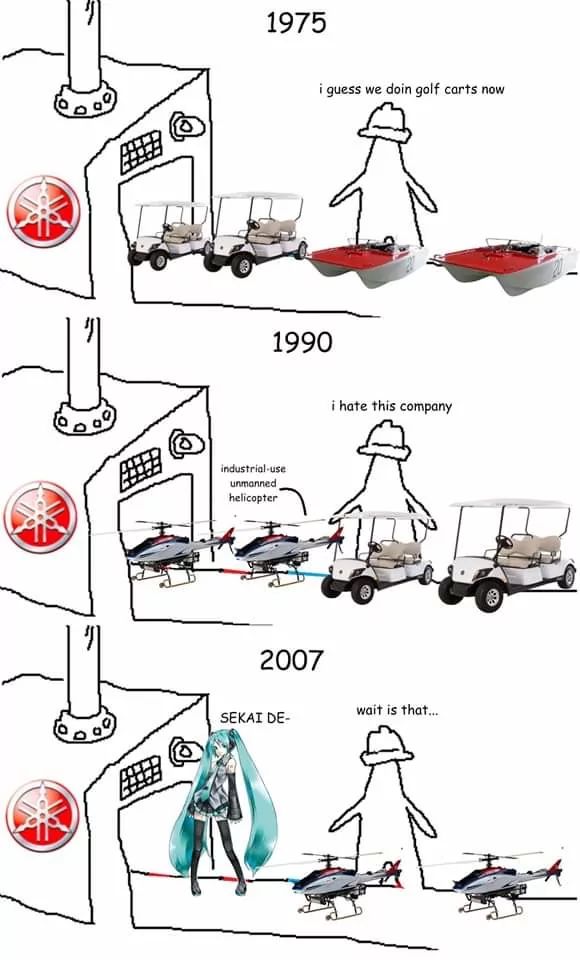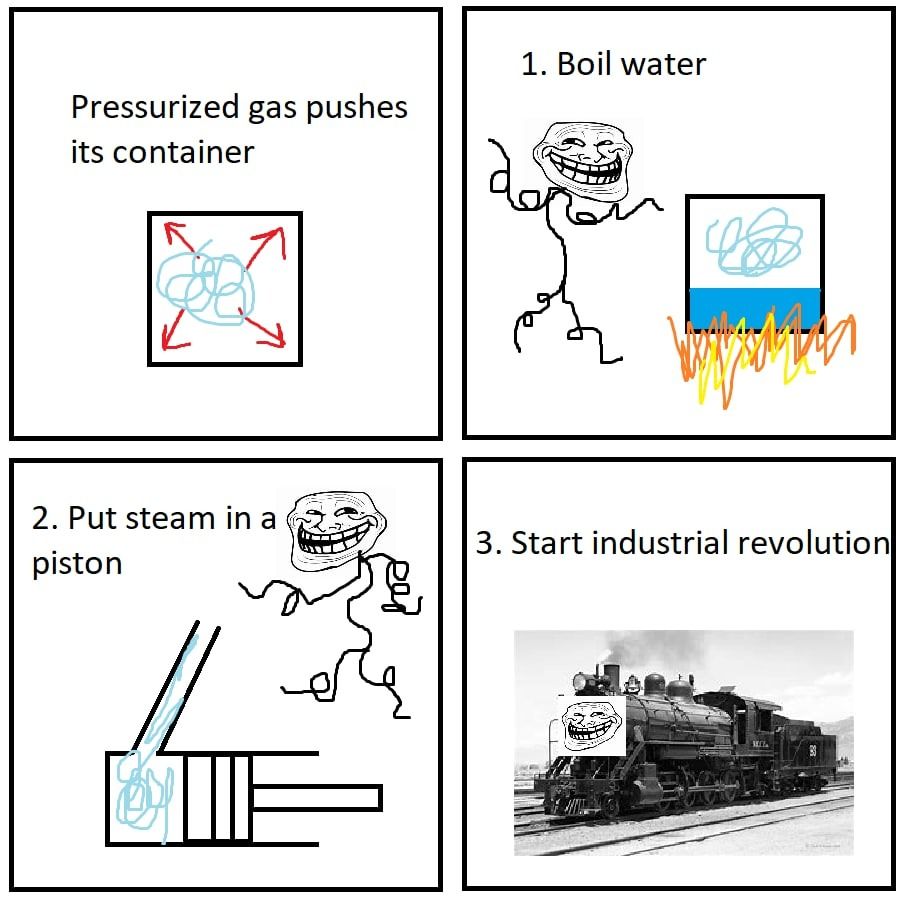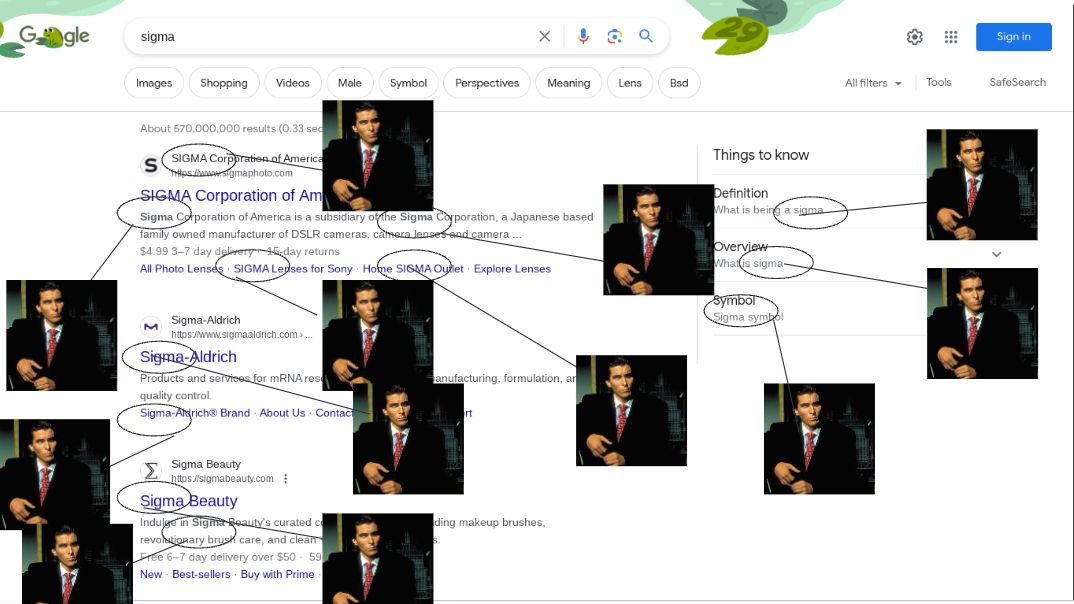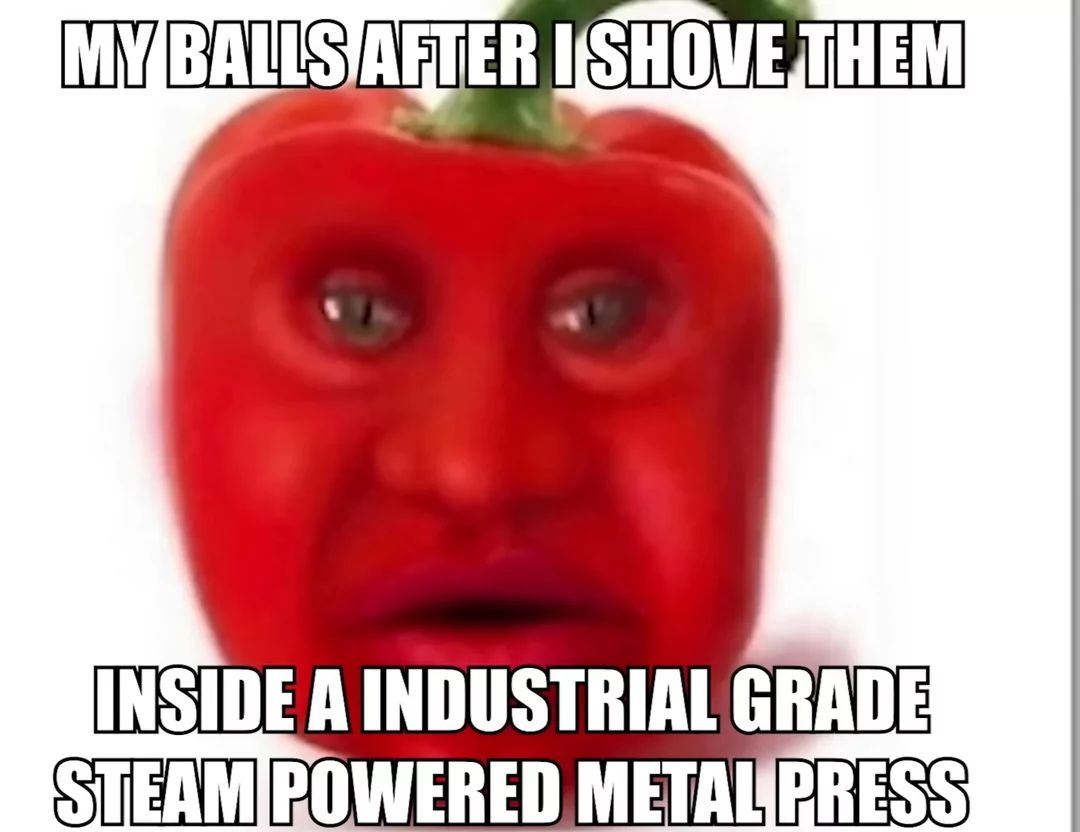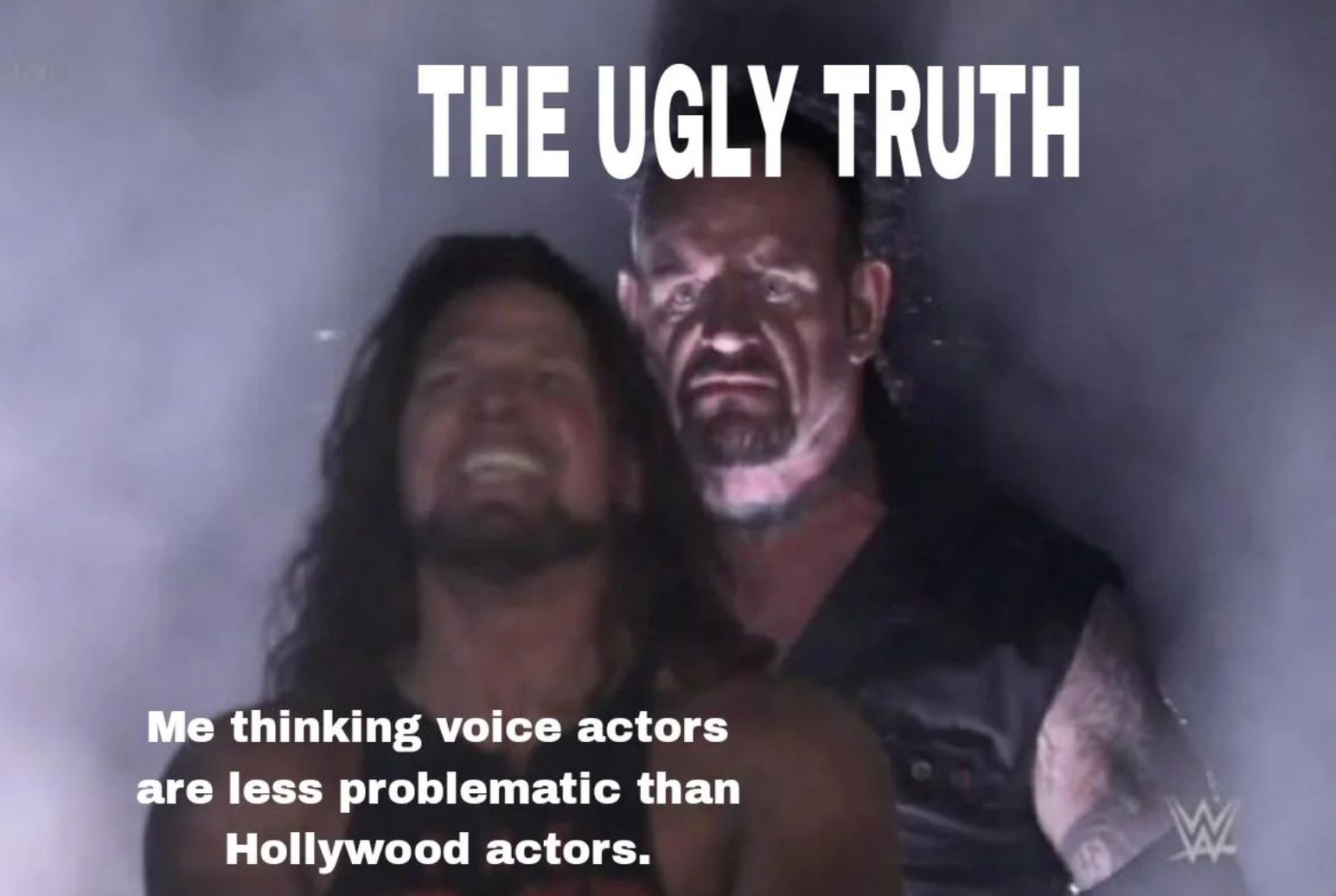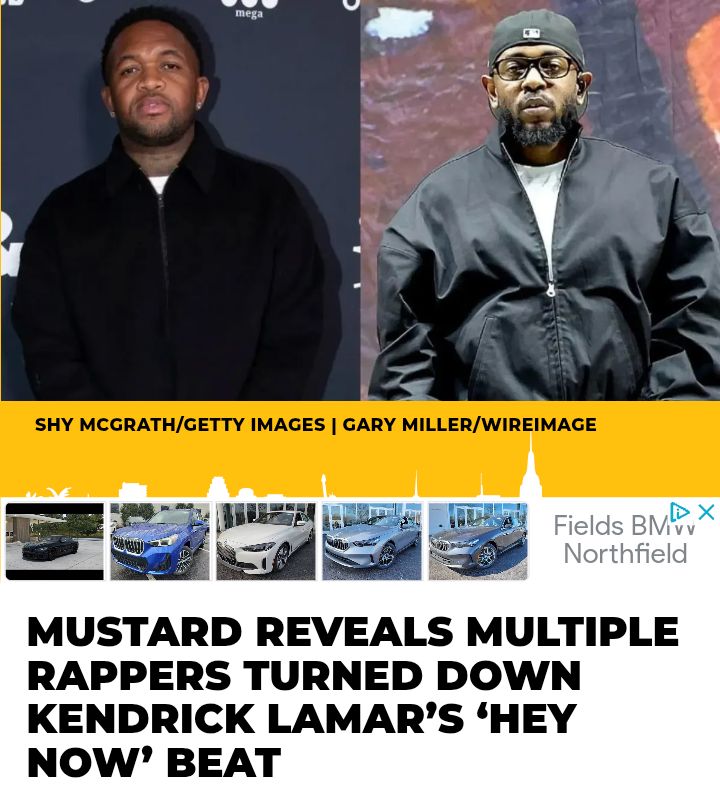
Industry jokes
A young family moved into a house next to a vacant lot.
One day a construction crew turned up to start building a house on the empty lot. The young family's 5-year-old daughter naturally took an interest in all the activity going on next door and spent much of each day observing the workers.
Eventually the construction crew more or less adopted her as a kind of project mascot. They chatted with her, let her sit with them while they had coffee and lunch breaks, and gave her little jobs to do here and there to make her feel important.
At the end of the first week, they even presented her with a pay envelope containing ten dollars. The little girl took this home to her mother who suggested that she take her $10 "pay" to the bank the next day to start a savings account.
When the girl and her mom got to the bank, the teller was equally impressed and asked the little girl how she had come by her very own paycheck at such a young age. The little girl proudly replied, "I worked last week with a real construction crew building the new house next door to us."
"Oh, my goodness gracious," said the teller, "and will you be working on the house again this week, too?"
The little girl replied, "I will, if those assholes at Lowe's ever deliver the fucking sheet rock!"
A pornstar committed suicide; her coworkers must be taking it hard.
Memes
Information has been leaked from government sources. When the current lock-up ends, the holder of the nation's purse, Fishi Rucksack, will launch a new initiative.
This will be to help the struggling "personal services" industry and will be labelled, "Sleep out to Help out."
If Joey Deacon made his own company, it would be called The Joey Deacon Company; Walt Disney should have a run for its money.
P.S. The Joey Deacon Pictures logo would have some autistic people making noises to "When You Wish Upon A Star", with the castle being the Blue Peter ship instead.
"Dababy midget porn."
Why were parts of the Soviet Union that had more industry than agriculture occupied during WW2?
They couldn't beet the Nazis.
Have you heard about my new can crushing job?
It's soda-pressing.
For centuries, Japan’s feudal dictators, called Shoguns, enforced strict laws that kept people from leaving or entering the country. This practice isolated Japan from the rest of the world. By the middle of the 19th century, Japan’s isolationism was creating problems for the United States’ whaling industry whose ships needed coal, food, and water available in Japanese ports. And sailors who were shipwrecked on the coast of Japan needed protection from mistreatment.
In November 1852, President Millard Fillmore sent an expedition to Japan to solve these problems. Led by Commodore Matthew C. Perry, the expedition had both steam-powered and sail-powered warships and several hundred men. Perry’s task was to persuade the Japanese to sign a treaty with the United States that would open Japanese ports and protect shipwrecked sailors. On July 8, 1853, the Perry expedition sailed into Edo Bay about thirty miles from the city of Edo (modern Tokyo).
During talks with the Shogun’s representatives, the idea of a treaty was repeatedly rejected. But Perry didn’t give up. Finally, in February 1854, the Japanese agreed to negotiate a treaty. The Treaty of Kanagawa established peace between the two countries, opened two ports to U.S. shipping, and protected shipwrecked sailors. It was signed on March 31, 1854.
Perry’s expedition also opened Japan to the rest of the world. Within two years, Japan signed similar treaties with Russia, Holland, and Britain.
Memes
Community
Scripts.com Bee Movie By Jerry Seinfeld
NARRATOR: (Black screen with text; The sound of buzzing bees can be heard) According to all known laws of aviation, : there is no way a bee should be able to fly. : Its wings are too small to get its fat little body off the ground. : The bee, of course, flies anyway : because bees don't care what humans think is impossible. BARRY BENSON: (Barry is picking out a shirt) Yell… Read more
GALVANIZED SQUARE STEEL
Aaaaaargggghhh all in my mind rn is Galvanized square steel😭😭
